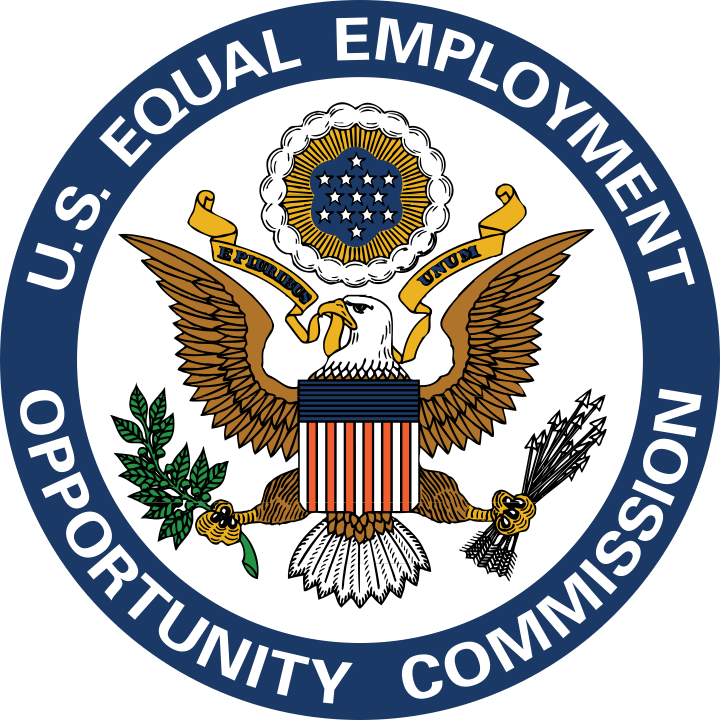January 14, 2016 Updated 1/14/2016
Email Print
Shelby Livingston
Business Insurance

A recent federal court ruling holding that a plastic manufacturer’s policy of requiring employees to partake in its wellness program to be eligible for group health coverage does not violate the Americans with Disabilities Act could give employers more “comfort” and understanding of the rules surrounding wellness program design, legal experts say.
U.S. District Court Judge Barbara B. Crabb in Madison, Wis., ruled Dec. 30 in Equal Employment Opportunity Commission v. Flambeau Inc. that the employer’s practice of requiring employees to take a health risk assessment and biometric screening to be eligible for the group health plan was protected under the ADA’s safe harbor provision.
The EEOC originally filed its lawsuit against Baraboo, Wis.-based Flambeau in October 2014 after a Flambeau employee’s health insurance was canceled when he failed to fulfill the wellness program requirements.
The EEOC argued that Flambeau’s policy violated federal law because the ADA generally prohibits employers from making “disability-related inquiries and medical examinations that were not job-related and consistent with business necessity,” according to an EEOC statement in October 2014.
But Crabb ruled in favor of Flambeau’s claim, saying in her opinion that its practice fits within the law’s safe harbor, which permits such medical inquiries when part of “the terms of a bona fide benefit plan that are based on underwriting risks, classifying risks, or administering such risks.”
The ruling is the second safe harbor win for a wellness program. The other case, Seff v. Broward County, Florida, was ruled on by the U.S. District Court in Miami in April 2011 and affirmed by the 11th U.S. Circuit Court of Appeals in Atlanta in August 2012.
Flambeau did not respond to requests for comment.
Beginning of a trend?
The District Court’s ruling in favor of Flambeau is “a big deal to the extent that we’re starting to see a trend,” said James Napoli, Washington-based partner at law firm Seyfarth Shaw L.L.P.
Though it’s a small trend, “as a sports fan whenever you see your team win two in a row, you are encouraged that they are going to continue that winning streak. That’s how you’d look at it here,” Napoli said.
At the same time, the ruling technically only applies to the geographic area of the U.S. District Court in Madison, so employers elsewhere could still be sued and lose.
“Other courts would certainly look to (Seff) and now this case as precedent. That being said, one circuit isn’t necessarily bound by another circuit’s rulings,” Napoli said.
But despite it not yet being an “ironclad defense nationwide,” Frank C. Morris Jr., head of Epstein Becker & Green P.C.’s labor and employment practice in Washington, said he is advising employers to “seriously consider making the wellness program part of the health insurance plan” in light of the two rulings.
Evidence is needed, he said, to show the wellness program is used to administer the health plan.
“What this [decision] does is it provides a greater level of comfort to an employer who has a plan that, if it meets the requirements of the safe harbor, then you have a higher degree of comfort with being able to utilize the safe harbor if you were challenged,” said Kathryn Wilber, senior counsel of health policy with the American Benefits Council in Washington.
“When you have courts in two different circuits address this and they’re doing it in similar ways … there’s more support for how to interpret this provision,” she said.
She added that the EEOC’s proposed wellness guidelines released in April did not directly address how the ADA’s safe harbor does not apply to medical examinations as part of a wellness programs, as the EEOC argued. So the EEOC could likely revisit and adjust the proposed rules, she said.
As for the District Court’s decision, “most assume the EEOC is going to appeal,” Wilber said.





























